
How ICCP Systems Protect Metal Structures from Corrosion The fight against corrosion is an ongoing battle for the owners and operators of vessels. The marine environment is punishing on all metal structures, similar to hulls, which are prone to corro...
VIEW MORE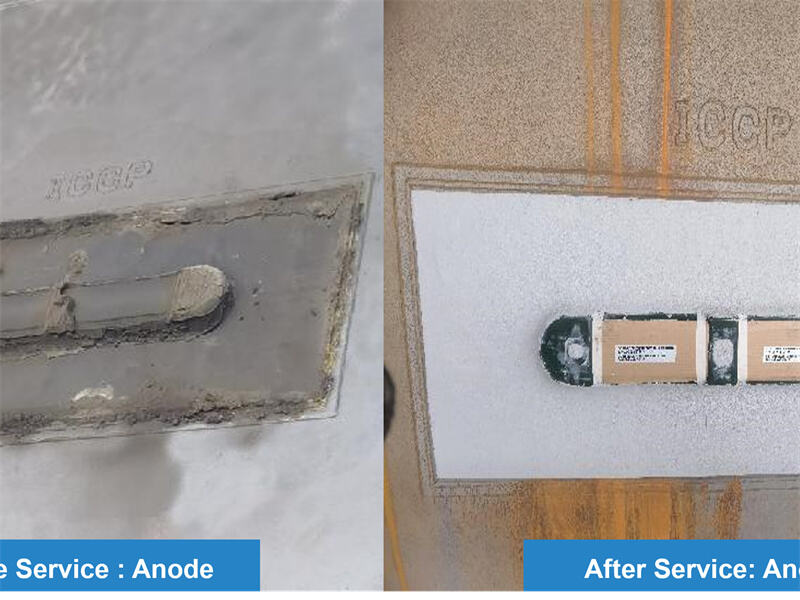
Gasket Materials and Their Importance in Plate Heat Exchangers Intricately woven into the labyrinth of an vessels engineering systems, the plate heat exchanger is responsible for regulating temperature in applications ranging from the main engines to...
VIEW MORE
Gasketed Plate Heat Exchangers: Versatility and Serviceability Gasketed PHEs are the most widely used type, whose plates are made of corrugated metal and sealed with elastic gaskets. Their main advantage is their simple serviceability; they can be ea...
VIEW MORE
It is a constant problem for ship operators to deal with aging plate heat exchangers (PHEs). In due course, the parts inside get damaged by corrosion, fouling and gasket wear. The result? Letting heat escape which means engines and systems have to ex...
VIEW MORE
With maritime operations being so demanding, every hour matters a lot. The moment a vessel is sailing, it brings in income; delays from breakdowns cost money, but being unable to sail for a long time due to the delayed availability of key spare parts...
VIEW MORE
Biofouling causes silent losses for those running vessels, as organisms like barnacles and algae accumulate on hulls and seawater cooling systems. Because of this growth, engines are forced to use more power and end up spending about 10 to 40% more f...
VIEW MORE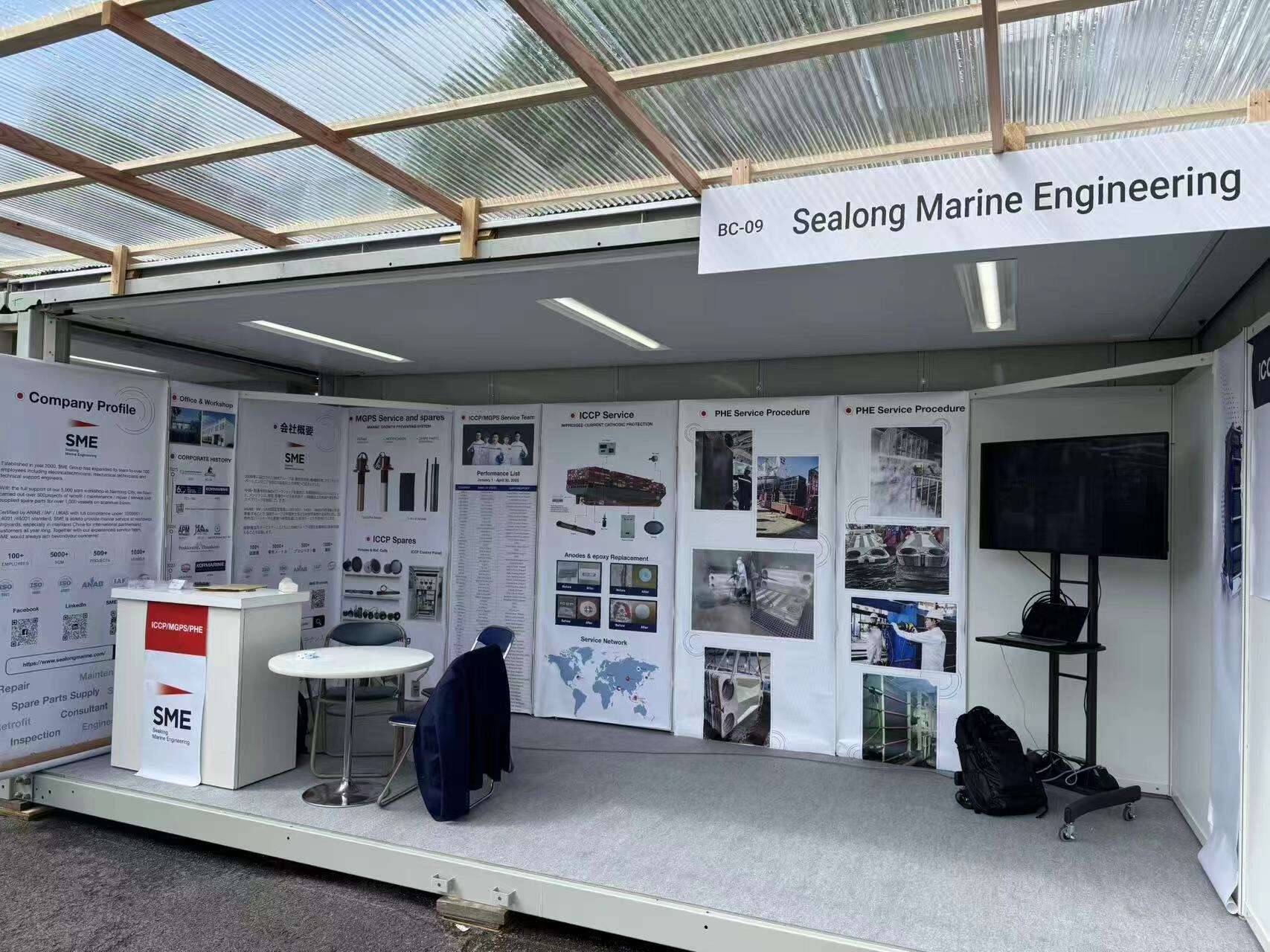
In May, SME took part in BARI-SHIP 2025, held in Imabari, Japan—a key event in the maritime calendar. From May 22 to 24, we welcomed visitors at Booth BC-09 in the BC Zone at the Texport Imabari Exhibition Hall. At this important gathering, we ...
VIEW MORE
Plate Heat Exchangers (PHEs) are very important for ensuring efficiency in engine cooling, refrigeration and important systems at sea. Even so, when PHE maintenance is unplanned, it brings a lot of difficulty to vessel operators. When vessels fail su...
VIEW MORE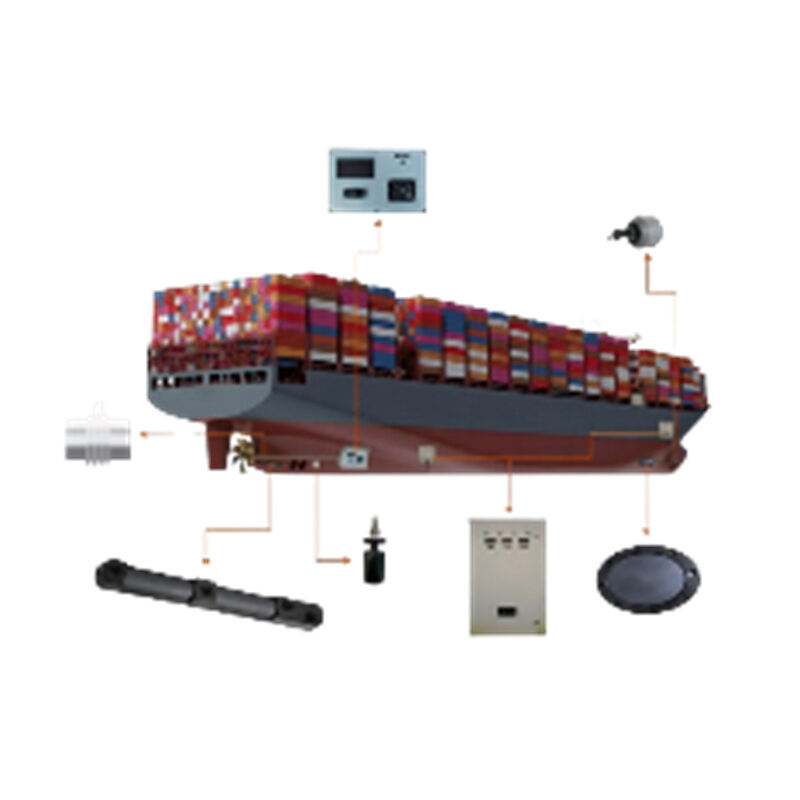
When meeting strong demand is not an option, for operators of fleets that travel to remote or untouched places, delays in getting spare parts become very expensive and cause fleets to remain away from operation for a much longer period. A delay of se...
VIEW MORE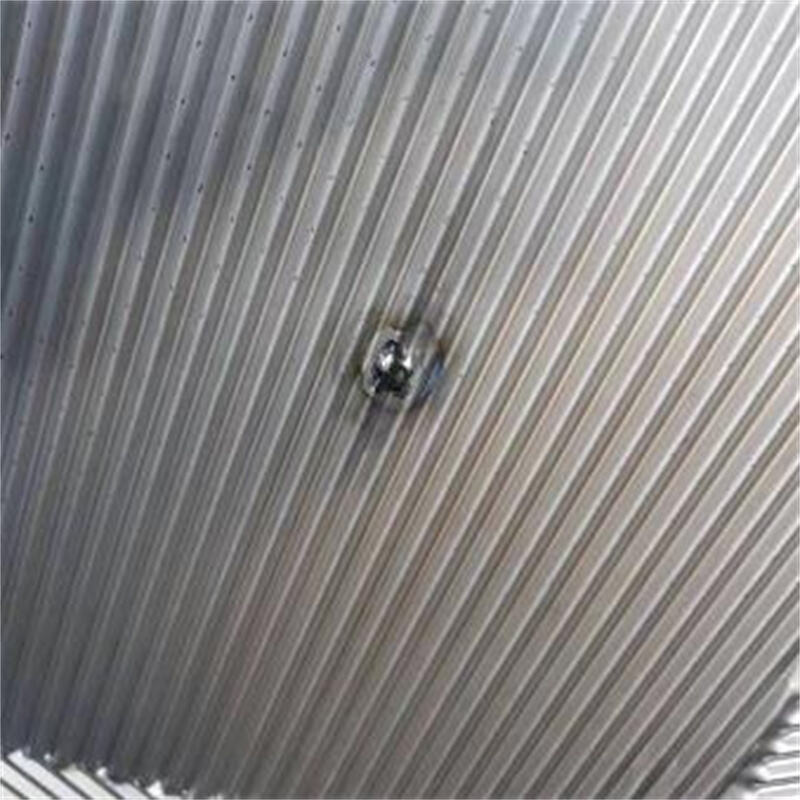
A ship’s security can no longer be fully guaranteed by manual checks of the log sheet. Paperwork can interfere with a crew’s attention and may cause them to overlook anything irregular and having different styles of reports can overlook ...
VIEW MORE
Shipping companies stand to lose money whenever unforeseen downtime delays operations. A System failure that requires immediate action is the Impressed Current Cathodic Protection (ICCP) system. Should an ICCP system stop working, seawater will no lo...
VIEW MORE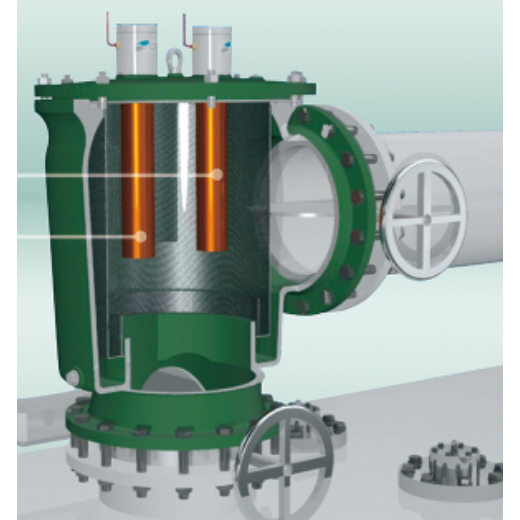
At the same time, it reduces the efficiency of ships and leads to poor environmental practices. Our staff at Sealong Marine work with advanced Marine Growth Prevention Systems (MGPS) to ensure hulls are clean, efficient and fully prepared for the l...
VIEW MORE